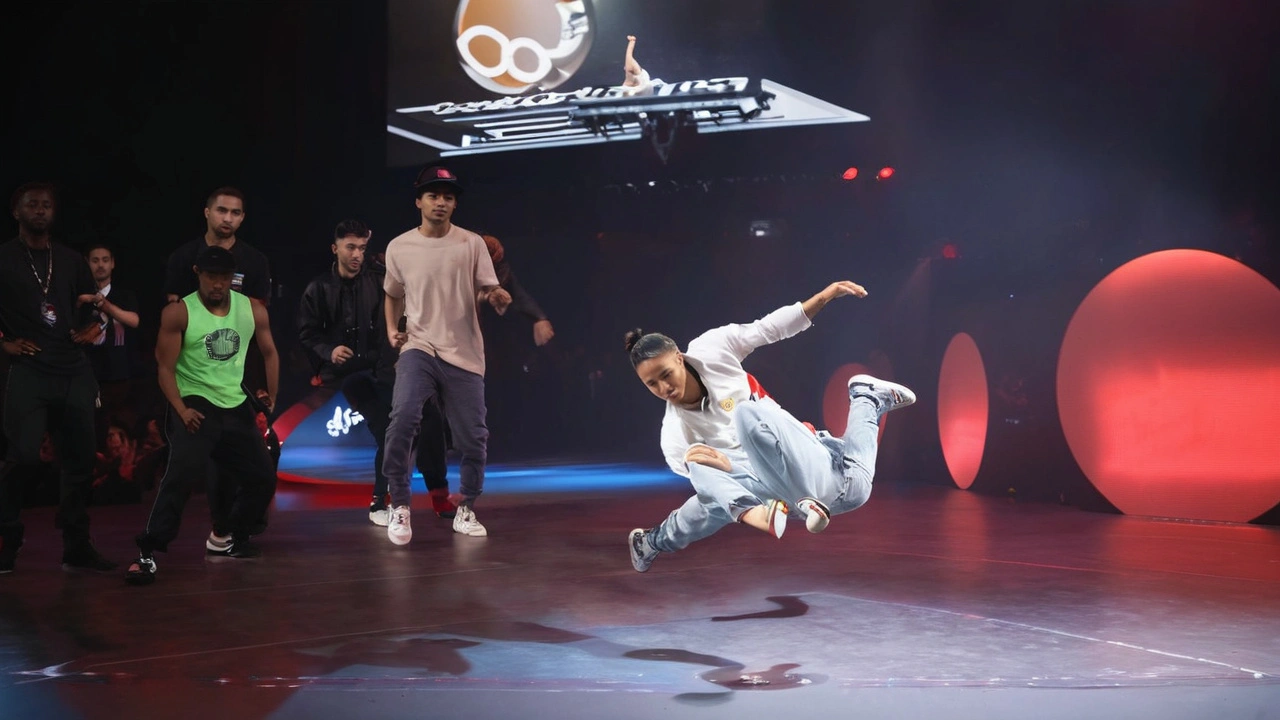- FG Opens Paramilitary Recruitment for 30,000 Positions, Portal Live Until August 4 Jul 16, 2025
- Copa America 2024: Uruguay vs. Brazil Odds, Predictions, and Betting Tips Jul 7, 2024
- Manchester United's Ambitious Moves: Targeting Xavi Simons and Matthijs De Ligt Jun 17, 2024
- Carabao Cup Quarter-Finals 2024: Full Match Schedule, TV Broadcast, and Analysis Oct 29, 2024
- Chelsea Faces Barrow in Carabao Cup: Predicted Lineup and Injury Updates Sep 24, 2024
Olympic debut: How athletes make their first Games count
Your first Olympics hits different. The lights, the village, and the pressure can feel huge, but a smart plan turns nerves into focus. This page explains what an Olympic debut really looks like, how athletes prepare, what teams need, and how fans can follow along.
What to expect on your first Olympics
Qualification rules vary by sport, so check your federation early. Some events use world rankings, others need continental trials or time standards. Get your paperwork and anti-doping education done well before you travel. Arrive early enough to adapt to time zones and training slots in the Olympic venue. Expect strict accreditation checks and security at every entrance.
Mental preparation matters. Practice breathing, race routines, and short visualizations of your event. Plan one simple goal for the day—execute your warm-up, hit your mark, or stay calm under a restart. Small, specific aims stop anxiety from taking over.
Logistics can surprise first-timers. Pack backups for kit, chargers, and race shoes. Learn the transport routes between the village and your venue. Meal times can shift, so bring familiar snacks if your sport needs precise fueling. Talk to team physiotherapists about travel recovery and sleep.
How fans, coaches and media can help
Coaches should keep messages clear and short. Give athletes one or two technical points and then focus on routine and breathing. Avoid adding new tactics days before the event. Fans can support without pressure—send short good-luck notes and respect athletes’ need to rest and focus.
Journalists covering debuts should ask about preparation and feelings, not predict medals. Highlight personal journeys and national milestones. For Africa, an Olympic debut often signals growth in sport funding or talent pathways. Tell readers about qualification stories, local support, and how the debut could inspire the next generation.
National federations: plan post-Games follow-up. Use the debut to secure visibility, sponsorship, or grassroots programs. Share athlete footage, interviews, and training tips to build momentum at home.
What to watch: debutants who set national records, beat personal bests, or handle pressure well. Medal or not, a composed Olympic debut can be the start of a long career. Track results, but also note recovery, confidence, and learning points for the next cycle.
Need practical tools? Make a simple checklist: qualification status, travel docs, kit list, medical clearances, mental routine, and a contact list for team staff. Keep it ready on your phone and print a copy for the village noticeboard.
Every Olympic debut is a mix of nerves and opportunity. Focus on routines, small goals, and learning. Those first Games teach more than medals—how you manage pressure, travel, and team life shapes the athlete you become.
If you're a young athlete aiming for an Olympic debut, start with a two-year plan: set performance targets, enter key qualifiers, secure a coach and medical checks, and build a support team. Track nutrition and sleep, log training progress weekly, and stay visible to national selectors with results and videos from major meets.
Paris Olympics 2024: Breaking Dance Set to Make Historic Debut
- Katlego Sean Mahaye
- Aug 9, 2024
Breaking, or breakdancing, is ready to make its Olympic debut at the Paris 2024 Olympics on August 9 and 10. Setting a historic milestone, the competition will be held at La Concorde Urban Park with 16 B-Boys and 16 B-Girls showcasing their skills. This inclusion aims to draw younger audiences and infuse fresh energy into the Games.
